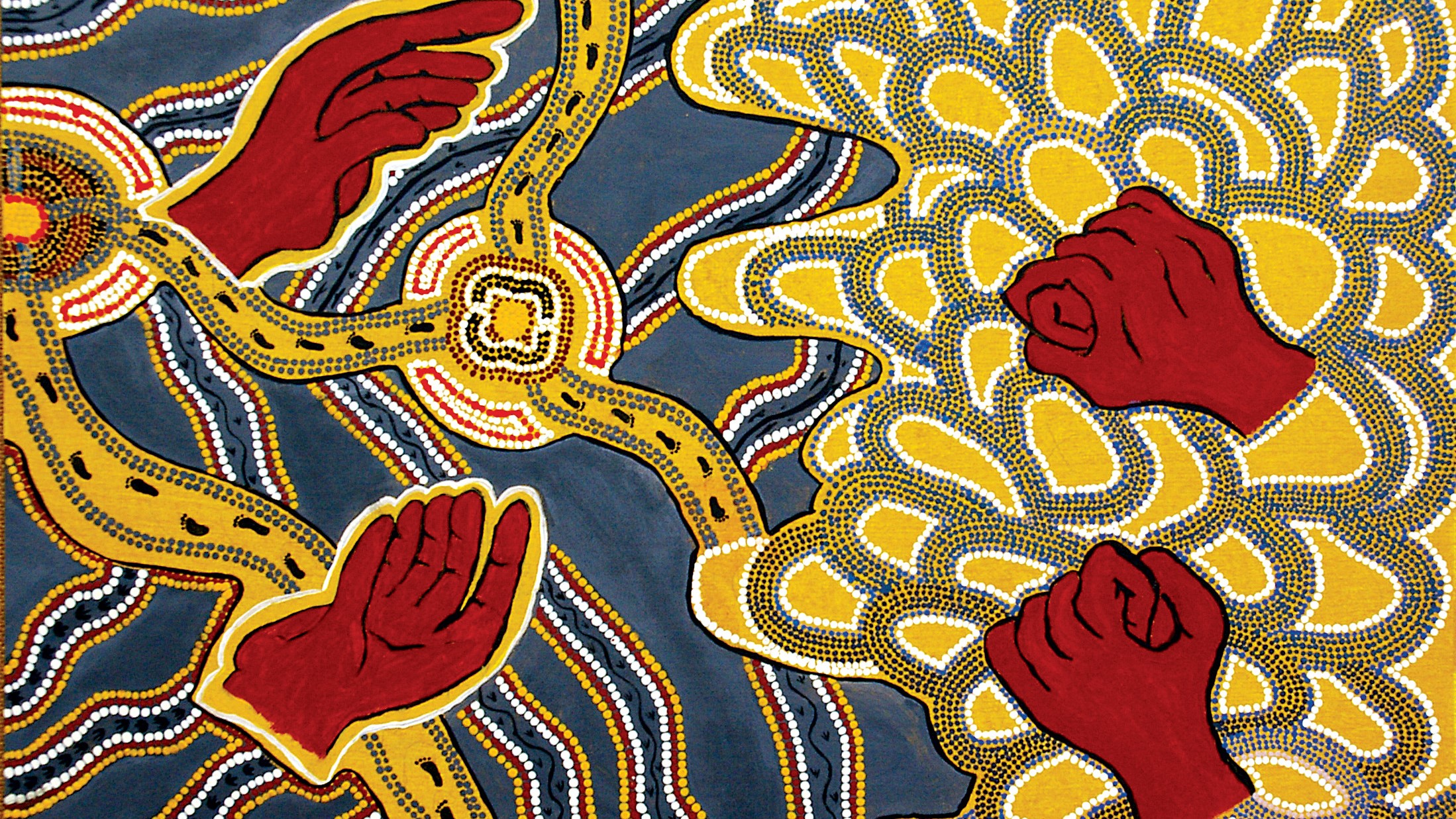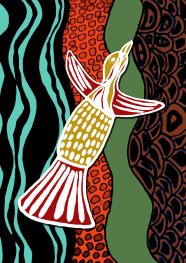
2015 Seminars
Presentation Type
Presentation
Location
The University of Notre Dame Australia, Broome Campus
Start Date
2-7-2015 12:30 PM
Description
The state of Oklahoma, formerly known as Indian Territory, is presently home to 39 federally recognized tribes in the United States, most of which were forcibly relocated throughout the 19th century. Following these forced removals, certain tribes enjoyed unprecedented levels of sovereignty, creating governments and social institutions that combined American models with Native values. Under a subsequent federal policy however, this level of sovereignty was ended, reservations were dismantled and Native cultural values—including the absence of private land ownership—were dealt a tremendous blow. This seminar explores the historical legacy of the tribal nations that now call the state of Oklahoma home. It also identifies pathways of cultural resistance and resilience in the face of ongoing policies undermining Native communities and cultures. The presentation concludes with comparative observations on the state of cultural revitalization among Indigenous communities in both Oklahoma and Australia and seeks to identify pathways of mutual engagement and learning.
Recommended Citation
Bigby, Bobbie Chew, "Oklahoma’s Native Communities and the Potential of Cultural Resilience" (2015). Talking Heads Seminar Series. 6.
https://researchonline.nd.edu.au/nulungu_talkingheads/2015/schedule/6
Oklahoma’s Native Communities and the Potential of Cultural Resilience
The University of Notre Dame Australia, Broome Campus
The state of Oklahoma, formerly known as Indian Territory, is presently home to 39 federally recognized tribes in the United States, most of which were forcibly relocated throughout the 19th century. Following these forced removals, certain tribes enjoyed unprecedented levels of sovereignty, creating governments and social institutions that combined American models with Native values. Under a subsequent federal policy however, this level of sovereignty was ended, reservations were dismantled and Native cultural values—including the absence of private land ownership—were dealt a tremendous blow. This seminar explores the historical legacy of the tribal nations that now call the state of Oklahoma home. It also identifies pathways of cultural resistance and resilience in the face of ongoing policies undermining Native communities and cultures. The presentation concludes with comparative observations on the state of cultural revitalization among Indigenous communities in both Oklahoma and Australia and seeks to identify pathways of mutual engagement and learning.




